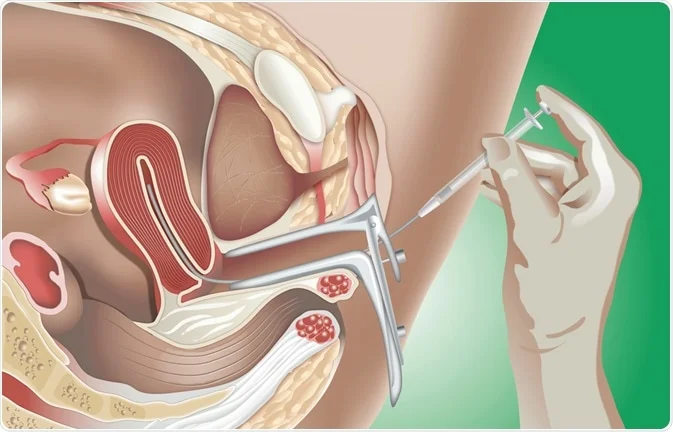If you’ve received a diagnosis of HPV (human papillomavirus) while pregnant, you may have concerns about potential risks to your baby. HPV is the most prevalent sexually transmitted infection in the United States, affecting around 79 million people, with about 14 million new infections annually. Nearly every sexually active individual who hasn’t been vaccinated can expect to contract the virus at some point. While there is no cure for HPV itself, certain complications can be managed effectively.
What Are the Symptoms of HPV?
Most individuals with HPV remain unaware of their infection, as it often presents no symptoms. Some, however, may notice genital warts—flesh-colored bumps that can be flat or raised, resembling cauliflower. These warts can vary in size and are typically found in the genital or anal regions, although they can occasionally appear in the mouth or throat. Genital warts often resolve on their own, but medical treatment is available if needed.
Can HPV Affect Your Pregnancy?
While having HPV does not usually pose significant risks during pregnancy, it’s essential to consult your healthcare provider about your specific situation. For those considering their options for conception, resources like Make a Mom offer home insemination solutions, including reusable options that could be beneficial. If you’re looking for a sperm donor, consider joining a supportive community like Make a Mom’s Facebook Group.
Can You Transmit HPV to Your Baby During Childbirth?
There remains some debate on whether HPV can be transmitted to a baby during delivery. However, most infants born to mothers with HPV do not contract the virus. For further insights on navigating your pregnancy journey while dealing with HPV, check out this article for helpful tips.
For emotional support and strategies during your home insemination journey, you can refer to this guide. Additionally, if you’re interested in understanding what to expect during your first IUI, this resource provides valuable information.
In summary, while HPV is common and often asymptomatic, it’s important to stay informed and communicate with your healthcare provider throughout your pregnancy. Resources for sperm donation and home insemination can ease your journey into parenthood.

